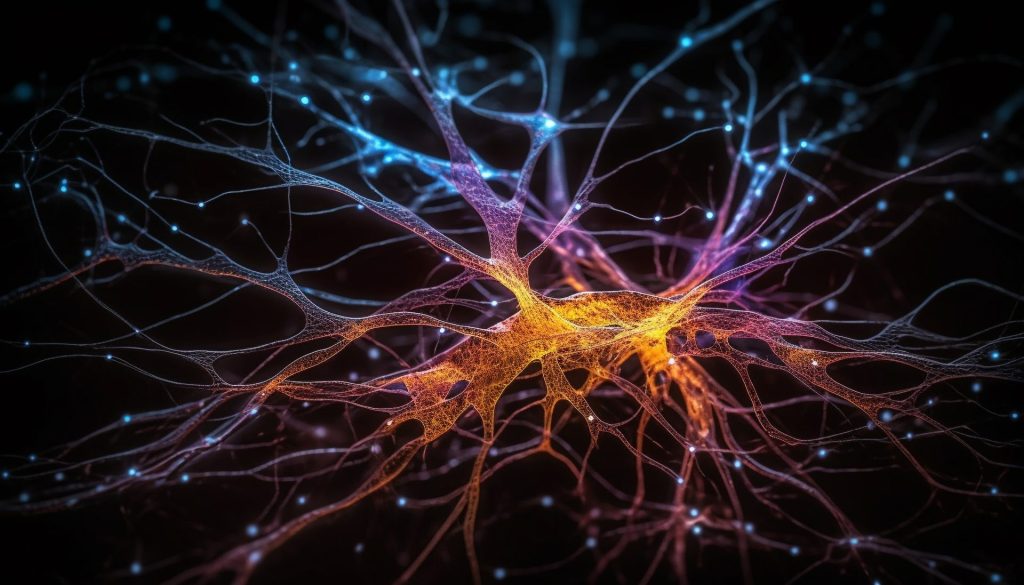Mind Coach (Neuroplastician):
Focus: A Mind coach, also known as a neuroplastician, specialises in harnessing the principles of neuroplasticity to help individuals adapt and reorganise their brains. Their primary focus is on changing unhelpful behaviours, overcoming mental challenges and cultivating new habits to enhance overall mental wellbeing. From addressing habits like nail-biting, phobias, anxiety and lack of confidence, to managing the effects of ADHD and Autism, they facilitate a spectrum of transformations. Moreover, they can enhance academic and sports performance, fostering confidence, resilience and emotional management without delving into sport-specific tactics or activities.
Expertise: Drawing from expertise in brain science, cognitive psychology and behavioural tools, neuroplasticians rewire brains for more positive, adaptive behaviours and improved health and wellbeing.
Sports Coach:
Focus: A sports coach primarily focuses on enhancing athletic performance, refining skills and techniques specific to a particular sport. Their scope extends to physical conditioning, strategy development, teamwork and motivation within the realm of sports.
Expertise: Sports coaches typically possess in-depth knowledge of the rules and strategies of the sport they coach, as well as expertise in physical training, nutrition and sports psychology.
Performance Coach:
Focus: Performance coaches adopt a broader perspective, addressing various aspects of an principles individual’s life, including professional and personal development. They aim to enhance overall performance and effectiveness across multiple domains.
Expertise: Drawing from diverse fields such as psychology, leadership, communication, goal setting, and time management, performance coaches empower clients to achieve their objectives holistically.
In essence, while coaching methodologies and tools may overlap, the crucial distinction lies in the specific area of focus. A Mind coach specialises in leveraging neuroplasticity to support mental wellbeing, a sports coach concentrates on optimising athletic performance and a performance coach offers a comprehensive approach to personal and professional development. Individuals seeking coaching should select a coach aligned with their specific goals and expertise.
Parents may consider using the services of a neuroplastician for their child in various scenarios, particularly when seeking tailored assistance to enhance their cognitive, emotional and behavioural development. Here are some common circumstances where hiring a neuroplastician could prove beneficial for a child:
Learning Challenges: If a child encounters difficulties in learning, struggles with attention, or experiences academic setbacks, a neuroplastician can offer strategies and exercises to bolster cognitive functions and support academic progress.
Behavioural Issues: Children struggling with behavioural challenges such as impulsivity, aggression, or emotional regulation difficulties can benefit from neuroplasticity-based interventions aimed at cultivating positive and adaptive behaviours.
Anxiety and Stress: For children struggling with anxiety, stress or challenges in managing their emotions, a neuroplastician can provide guidance and techniques to promote emotional regulation and alleviate stress.
Developmental Disorders: In cases where a child has been diagnosed with developmental disorders like ADHD or autism, a neuroplastician can deliver targeted interventions to address specific hurdles and enhance overall functioning.
Academic Pressure: Children facing academic pressure, whether stemming from exam stress, performance anxiety or concentration issues, can receive support from a neuroplastician to manage stress and optimise cognitive performance.
Social Skills Development: Neuroplasticity-based interventions can aid children in honing their social skills, improving communication, empathy and interactions with peers, thereby fostering positive relationships.
Confidence Building: If a child struggles with confidence or self-esteem issues, a neuroplastician can assist in reshaping negative thought patterns and fostering a more positive mindset to boost self-confidence.
Attention Difficulties: Children struggling with attention difficulties, including those diagnosed with ADHD, can benefit from neuroplasticity-focused interventions designed to enhance attention and focus.
Motor Skills Development: Neuroplasticians can provide exercises and activities to improve coordination and motor skills, addressing challenges related to physical development.
Optimising Potential: Even for children without specific challenges, parents may seek the expertise of a neuroplastician to maximise their child’s cognitive potential, promoting overall brain health and cultivating positive habits from an early age.
It’s important to note that while neuroplasticians can offer valuable support, they are not a replacement for medical professionals or therapists. Parents should consider consulting with healthcare professionals and educators to ensure a comprehensive approach to their child’s wellbeing.











